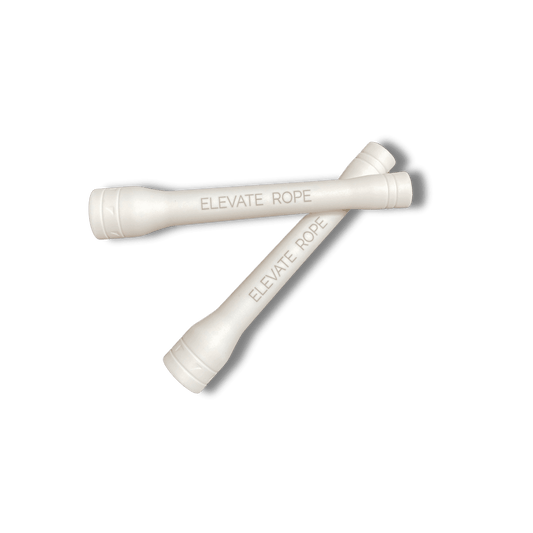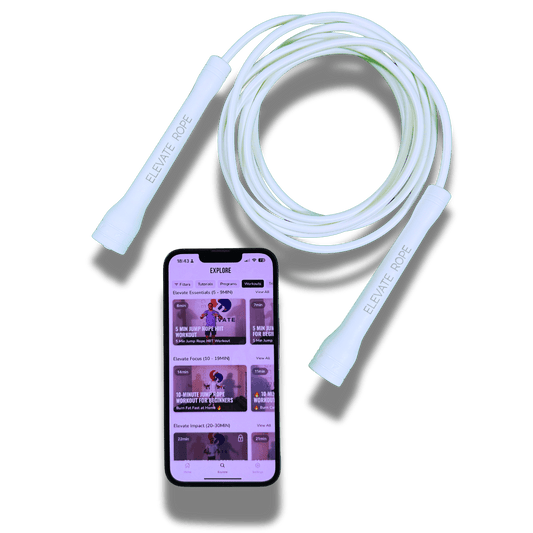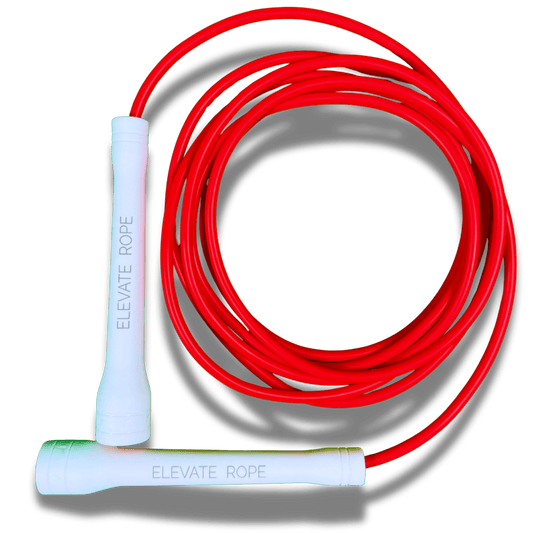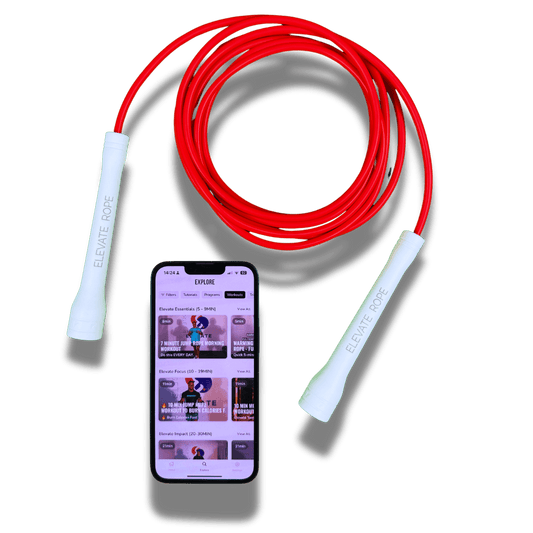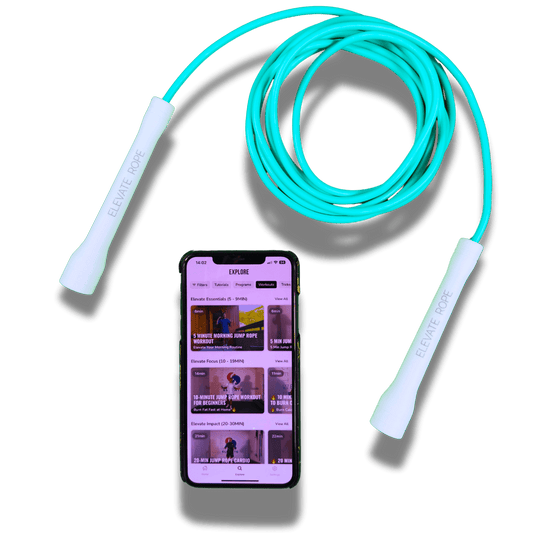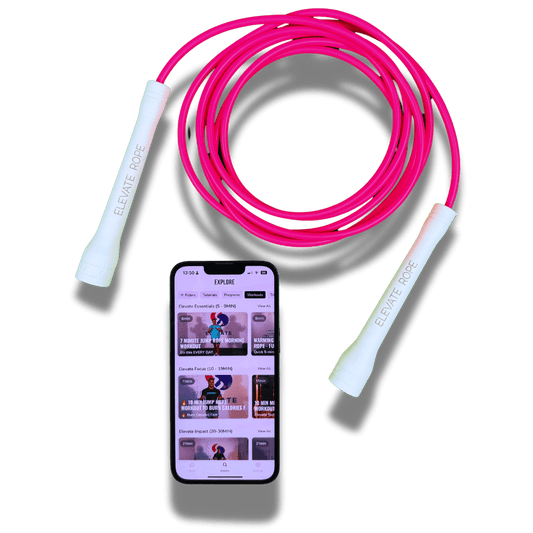Recovering from opioid addiction is a journey, one that demands resilience, self-compassion, and a comprehensive approach to wellness. Here, exercise can play a transformative role in this process, providing both physical and mental health benefits.
Exercise is a proven mood booster, helping you feel more energized while easing tension, fatigue, and confusion. Also, regular physical activity helps restore your body’s natural endorphins and rebuild confidence, making it a powerful tool in recovery. It slowly helps get rid of your reliance on substances to feel better, both physically and mentally.
In fact, many programs at a luxury drug rehab center incorporate personalized fitness routines to support holistic healing, helping individuals gradually overcome their reliance on substances and improve both physical and mental well-being.
However, embarking on a fitness journey while recovering from opioid addiction requires careful consideration of your physical and emotional well-being. Here are a few essential tips to help you work out while recovering from an opioid addiction.
Focus on Gentle Beginnings to Build a Strong Foundation
In the early stages of recovery, your body is likely still adapting to the absence of opioids. This period is critical for healing, so avoid jumping into strenuous workouts that might cause injury or lead to burnout. Instead, opt for gentle exercises such as walking, yoga, or light stretching.
These activities improve circulation, enhance flexibility, and ease you into a routine without overwhelming your system.
Listening to your body is essential at this stage. If you feel fatigued, honor your limits and rest. Each small step you take strengthens your foundation for long-term health and fitness.
What does yoga do to your body?
Yoga helps you tune into your inner self, bringing your focus to what your body can do right now. It’s a great way to build both breath control and strength, not just physically, but mentally too. If you practice yoga regularly, you’ll notice improvements in your balance, flexibility, and strength over time.
Image Credit: Unsplash
Be Cautious with Medication and Supplements
For many individuals recovering from opioid addiction, medications are part of a broader treatment plan. While these medications can help manage withdrawal symptoms and prevent relapse, they often come with their own problems.
Take Suboxone as an example. As reported by TruLaw, while the medication is used in opioid addiction treatment, many users have reported side effects. Tooth decay is one such side effect that has become a subject of growing concern, leading to the Suboxone tooth decay lawsuits.
The Suboxone lawsuits are still ongoing. Many victims are still asking a burning question – Can I still apply for the Suboxone lawsuit? They want to file these lawsuits to seek compensation from the drug’s manufacturers for negligence on their end. These claims further highlight the need for patients to stay informed about potential side effects and take proactive measures to protect their health.
Before starting any new supplements or medications to enhance your workout regimen, consult your healthcare provider. Some supplements may interfere with your opioid addiction treatment or lead to unintended side effects.
Transparency is crucial – share your fitness goals and any substances you’re considering to ensure they align with your recovery plan. Also, remain cautious about products marketed as “natural” or “herbal.” While these may seem harmless, they can still have powerful effects on your body.
What types of food are ideal for someone recovering from an opioid addiction?
A balanced diet with plenty of protein, healthy fats, and whole grains is your best friend right now. Load up on lean meats, fish, eggs, fresh fruits, veggies, and wholesome grains. These powerhouse foods are packed with the nutrients your body craves to heal, rebuild, and regain strength. A high-fiber diet, rich in complex carbs like whole grains, vegetables, peas, and beans, is highly recommended for overall health.
Build a Supportive Fitness Community
Recovering from opioid addiction can feel isolating at times, but connecting with others who share your goals can make a significant difference. Joining a local gym, signing up for group classes, or participating in community events can help you build relationships with like-minded individuals. These connections provide motivation, encouragement, and accountability, all of which are vital for staying consistent with your fitness routine.
Look for programs specifically designed for individuals in recovery. Many communities offer fitness classes tailored to those overcoming addiction, creating a safe and supportive environment.
Do mind-body exercises count as a workout?
Mind-body exercises are all about blending physical movement with mental focus and controlled breathing. Yoga and tai chi are great examples – they mix movement with mindful breathing and meditation to help you feel calmer and emotionally balanced.
Getting into a workout routine while recovering from opioid addiction is a powerful way to take back control of your health. It’s not just about getting stronger physically—it’s about finding peace of mind, too.
By starting gently, prioritizing nutrition, being cautious with medications and supplements, and focusing on mental health, you can create a sustainable fitness routine.
Remember, recovery is a personal path, and your approach to fitness should reflect your unique needs and circumstances. With patience and determination, you can use exercise as a tool to strengthen your body, uplift your spirit, and build a healthier future.
Featured image credit: Pexels
Enjoy this Article? You May Also Like:
- Taking Care of Yourself During Vacation: Tips for Keeping Checks with Workouts and Diet During the Holidays
- Medical Misdiagnosis: The Role of Second Opinions in Preventing Medical Misdiagnosis
- Creating a Balanced Fitness Routine: Cardio, Strength, and Holistic Practices
- Should You Drink Alcohol While on Semaglutide? What You Need to Know in 2024 and Beyond
- Start Strong with Chronic Myeloid Leukemia: How to Choose your Specialist and Plan for Treatment




